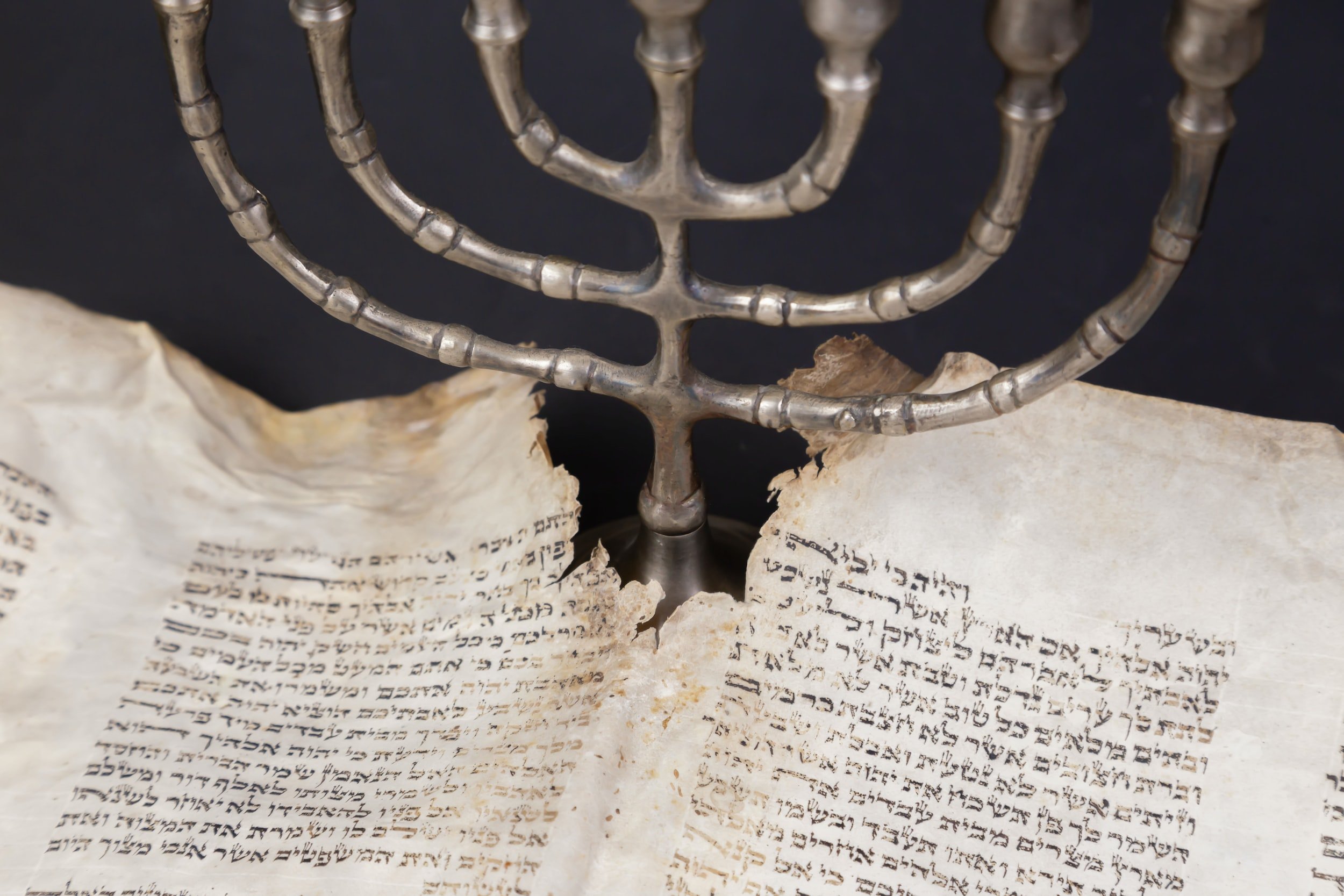For Such a Time as This
Esther 4.14
As most of you may be aware, the word ‘God’ does not occur even once in the Book of Esther. Not once. The only other book in the Bible in which that is true is ‘the Song of Songs’: but that is a collection of poetry and somehow the omission is less startling there.
Esther is the story of a Jewish woman who became the Queen of a Gentile nation at a time when her people faced the threat of a severe persecution. In that context, the absence of any reference to God is really surprising. There’s also no reference to temple or sacrifice, to prayer or Sabbath-keeping, to kosher food laws or circumcision. Fasting is the only ‘religious’ activity which gets a mention (4.16).
The name of the Feast of Purim (9.26-32) serves to reinforce the fact that God doesn’t say or do anything directly in this book. ‘Pur’ means ‘dice’ or ‘lot’: so the feast of Purim is ‘the Feast of Chance’ or ‘the Festival of Coincidence’. Perhaps Purim refers not only to the casting of lots in 3.7 and 9.27, but to the whole string of unlikely coincidences in the text: Esther just happened to be beautiful and to be chosen as Queen to Xerxes at just the time when the Jews were in danger; Mordecai just happened to overhear a plot to kill the king; the king just happened to be sleepless one night and to ask for a bed-time story; he just happened to hear the story of Mordecai’s finest hour, just when the threat to the Jews was at its most severe; Haman just happened to enter the court at precisely the wrong moment, so that he ended up honouring the one man he didn’t want to. And so on.
But there is no doubt that God, in spite of his apparent absence, is still the chief actor in the drama. He is not named. He does not speak or act. He is not even said to be influencing events. But his hand is at work behind these coincidences, for those who have eyes to see it. The nearest we get to any declaration of faith is that assurance by Mordecai to Esther that if she remains silent, help for the Jews will arise ‘from another source’, coupled with his suggestion that she has been placed in a royal position ‘for such a time as this’ (4.14). Mordecai has faith in the providence of God: he trusts that however absent God may seem, he is in fact shaping history and fulfilling his purpose for his people and for individuals.
A Jewish commentator has written about Esther: ‘God may not reveal himself openly, his Word may not be spoken, his Face may not be shown; but under the veil of coincidence, he fulfils his will for his people’. As 2023 unfolds, and we seek to be the agents of God’s coming kingdom in the city where God has put us, for such a time as this, let us trust, with Mordecai, in the unfailing providence of God, in the God who is always at work, fulfilling his purpose, even when it is hidden from our eyes.
About the Author
Bishop Pete Wilcox was appointed Bishop of Sheffield for the Anglican Diocese of Sheffield in 2017. He is married to novelist Catherine Fox they have two adult sons, two daughters-in-law and three grand-daughters. Bishop Pete is a fan of all ball sports, and follows the fortunes of Newcastle United especially closely.


